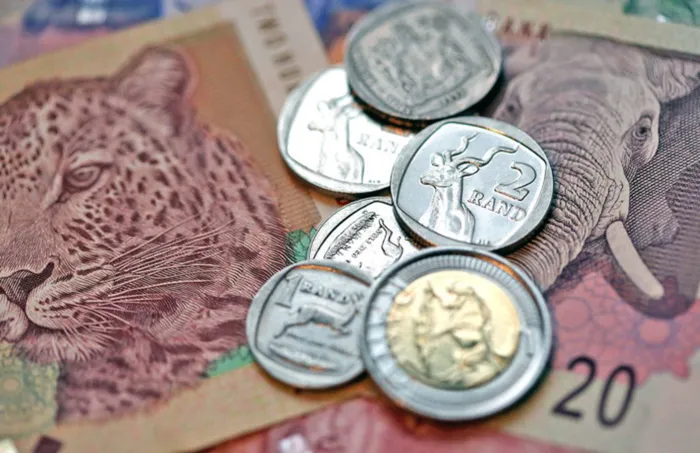Liberty debt costs jump to record

Picture: Chris Ratcliffe/Bloomberg Picture: Chris Ratcliffe/Bloomberg
Johannesburg - Liberty Group is paying more than ever to sell fixed-rate debt as South African life insurers struggle to increase profit in an economy heading for its slowest expansion since the 2009 recession.
Liberty issued R400 million ($29 million) of unsecured bonds due October 2022 this month that will pay a coupon of 10.2 percent twice a year, more than 1 percentage point higher than seven-year securities the Johannesburg-based insurer sold in 2013, according to data compiled by Bloomberg. The spread of Liberty’s 1 billion rand notes maturing in August 2020 reached a seven-month high against similar-dated government debt on Monday.
President Jacob Zuma’s administration is struggling to re-ignite growth forecast by National Treasury to reach 1 percent this year. S&P Global Ratings has urged the government to quell investor uncertainty and end political interference that’s weakening state institutions and threatening the country’s investment-grade status. Volatile equity markets, interest rates at a six-year high and consumers battling unemployment and rising expenses have all contributed to declining profit at the nation’s largest insurers.
“The company paying more for its debt than historically is more an indication of spreads widening generally for credit and not Liberty specific issues,” said Bronwyn Blood, who helps manage fixed-income debt at RMI Specialist Managers in Cape Town. “We do not see spreads widening further, however, and believe that for insurers they have reached their widest levels.”
Liberty also raised R600 million in floating-rate notes that were issued at the three-month Johannesburg Interbank Agreed Rate plus 228 basis points, which is 8 basis points higher than a similar bond issued in August by Sanlam, its larger rival and the only other domestic life insurer to sell debt this year. So-called Jibar rose to 7.37 percent on June 27, the highest since August 2009, before declining to 7.36 percent on Monday.
The increased cost of selling debt is a “function of where interest rates are”, Casper Troskie, Liberty’s financial director, said by phone. “We’ve seen rates tick up. Long-term interest rates do reflect some of the risk seen in the economy.”
Reports in August that Finance Minister Pravin Gordhan is being probed by police led to a slump in the rand and bonds. To date no charges have been brought against Gordhan with opposition parties saying the investigation is an effort by Zuma to install a more pliant Treasury chief. Futuregrowth Asset Management, Africa’s biggest specialist fixed-income money manager, that month also said it will stop lending to state-owned companies because of concerns around how they are being run. It since resumed lending to the Land and Agricultural Development Bank of South Africa.
Profit slump
Liberty’s first-half net income declined 8 percent in the six months through June as sales fell below its expectations. Liberty’s capital adequacy cover dropped to 2.95 times the regulatory minimum in the period, the second-lowest cover among its peers with MMI Holdings reporting 2.9 times cover in its results released last month.
The company issued bonds because it is cheaper than selling equity and will use the money to fund the working capital in its insurance business, Troskie said, adding that demand for the securities outstripped supply. The cost of selling bonds for the insurance business is tax deductible, leaving the effective rate on the securities at just over 7 percent, Troskie said.
The sale will put the company’s debt-to-equity ratio at 16 percent to 17 percent, within its 15 percent to 20 percent target, he said. Liberty has a 1 billion rand bond maturing in August next year with another 1 billion rand due in April the following year. The company hasn’t yet decided what it will do when the 2017 bond comes due, Troskie said, adding that any plans for new sales will depend on market conditions at the time.
“Bank spreads have widened significantly,” Blood said. “Insurance spreads have been widening, but are now starting to narrow again. State-owned enterprises have also been on a widening trend and there is potential for more widening as that sector comes under scrutiny from the rating agencies.”
Investor appetite is still strong for issuers with top credit ratings, according to Blood.
“There is a general lack of supply of corporate paper due to the subdued economy,” she said. Liberty, with a AA+ national-scale rating from S&P, the second-highest local investment-grade rating, “is a high quality issuer”.
BLOOMBERG